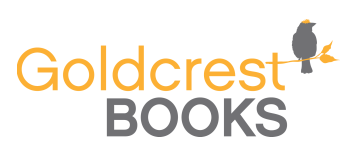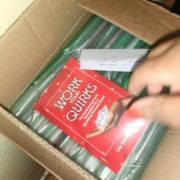11 Questions to consider when choosing your assisted/hybrid publisher
There are quite a lot of assisted/hybrid publishers now who can help you publish your book. So how do you pick the right one? Here are 11 Questions to consider when choosing your assisted/hybrid publisher.
- Recommendation or referral is probably the best way to find a publisher – is there anyone in your network who has used one and been happy? It is also useful to know if there are any that have not lived up to expectations so you can be aware if you decide to contact them yourself. I would say that a large proportion of authors enquiring about my company and publishing with us have come via recommendations.
- Google search – everyone does this for anything these days. It may turn up a lot of results so looking at the websites of each publisher will give you an idea of the services they offer and also give you a feel for the type of books they are willing to take on
- Are they easy to contact and willing to answer all your questions either in writing or over the phone?
- Does the publisher make it clear whether you retain your rights? Do they have the final say over how your book is produced or where it is sold? If you are not sure what rights to your book are, then we cover this on page 33.
- Do they provide you with a personalised detailed quotation or is it a generic form listing all the services?
- Are you able to pick the services you need or do you have to take the whole publishing package? All the quotations we send out are tailored to the particular enquirer, and generally after a discussion to find out exactly what is needed
- Compare costs as these can vary greatly between companies. It is not always straightforward to compare publishers as each may have slightly different offerings. Some may also add VAT to their prices
- Does the person you speak to or write to sound optimistic and enthusiastic about your book? If they don’t seem personally interested in it, it might make it harder to work with them. I do sometimes decide not to take on a book that an author has presented to me if I don’t feel that the content of the book is something I would want to publish or tell everyone about
- Do you have one point of contact? Will you be dealing with lots of different people during the publishing process or just one? This could be important to you. I am currently working with an author on her second book and I am the only point of contact and deal with all her questions. She told me this is what she really likes as we can get to know each other and we always know exactly what is going on. I like to do this with all my clients so we get to know each other well, which is why some have become good friends and others come back again and again each time they finish writing a new book
- Be very wary of anyone who promises you lots of sales or pressurises you into buying loads of printed copies as part of the deal. How many books you eventually sell will, in the majority of cases, be down to how much work YOU put into marketing your book
- You may have other thoughts about what you want from your publisher, so make a list of your requirements and concerns before you write or speak to each one to make it easier to compare them.





